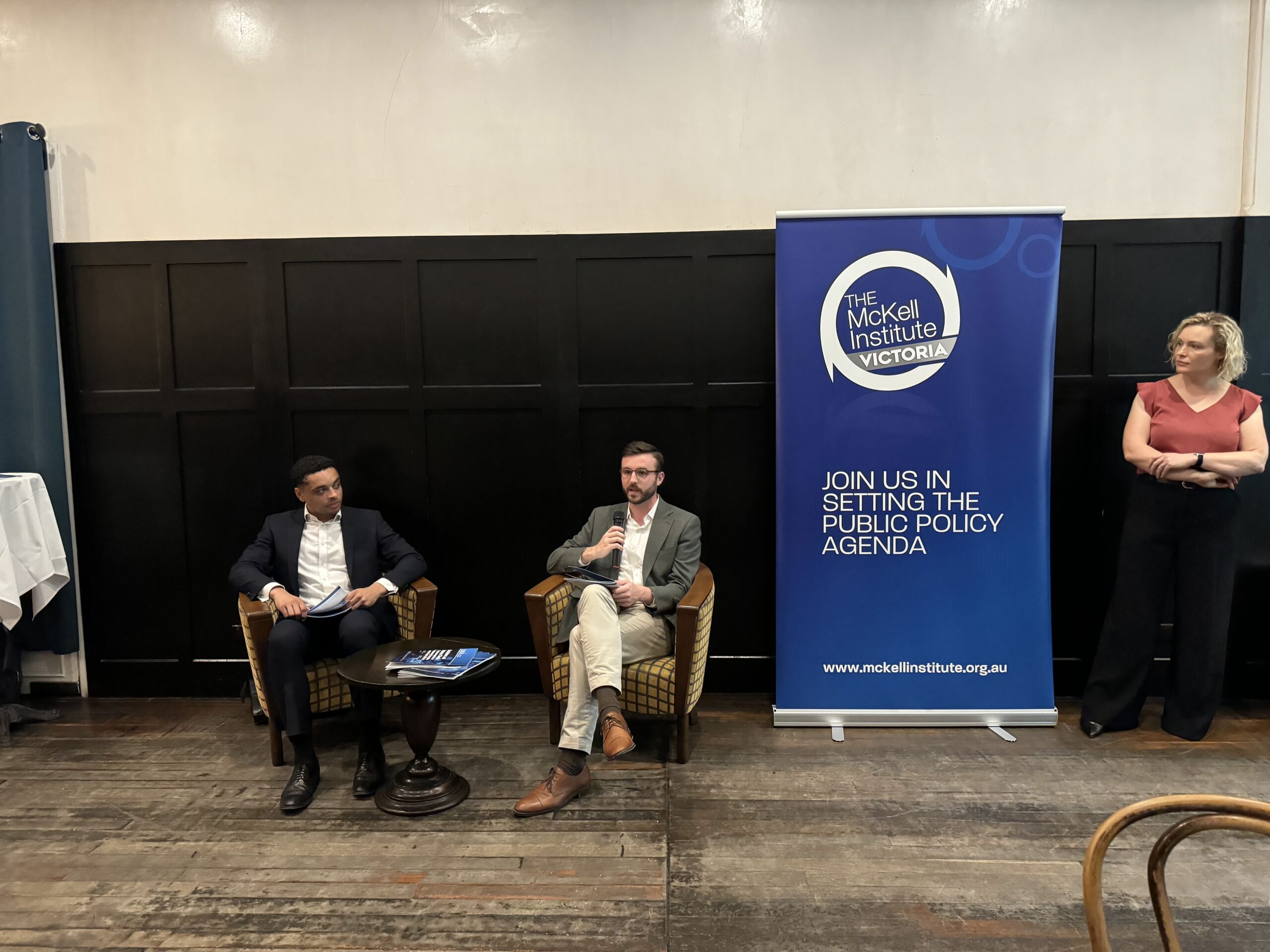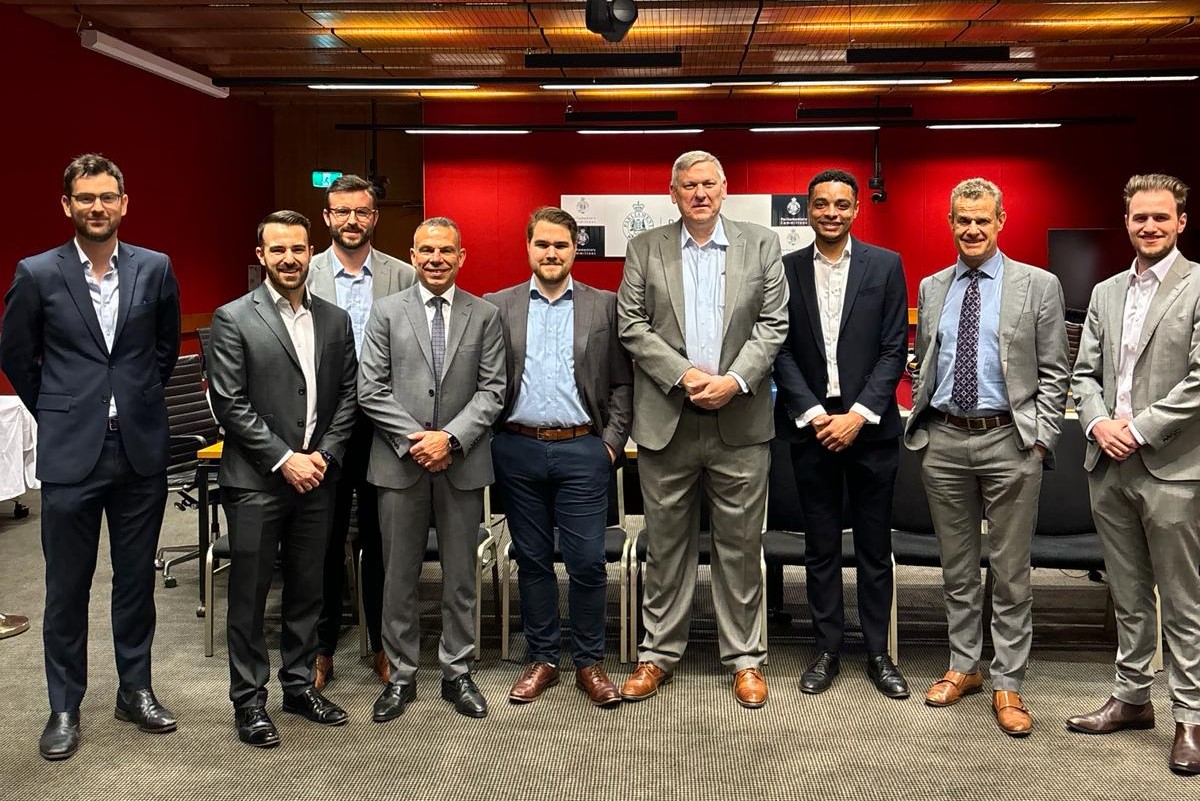The Progressive Policy Institute traveled to Australia and New Zealand in mid-March 2024 to present our latest report “Backdoors and Balance Sheets: The Consequences of Weakening Encryption on the Future of Work.” The paper was authored by PPI’s Colin Mortimer and guest author Joel Gladwin, a former Special Adviser to two Secretaries of State at the Department for Digital Culture Media & Sport (DCMS) between May 2021 and September 2022.
PPI has followed recent announcements made by the Five Countries Ministerial (colloquially known as the Five Eyes Alliance) that have called upon legislative bodies to weaken encryption protections currently offered to citizens on most personal communication and messaging applications. Among the concerns PPI has about these proposals affecting personal privacy, civil liberties and due process, we sought to elevate economic considerations as part of this debate as well. To get at this, we conducted a survey of 100 small-to-medium size (SME) business leaders across the Five Countries Ministerial – the United States, United Kingdom, Canada, Australia and New Zealand. Amongst the broad findings, our survey found:
We had the pleasure of presenting this report at eight events and salon dinners during our trip. A diverse audience attended our events and dinners, including MPs, high-level government staffers working on encryption issues, labor leaders, civic society and local academics.
The message at each event stressed the importance of economic considerations when it comes to encryption. Despite much of the conversation on this issue being centered around civil liberties and the considerations of “Big Tech,” much less has been said about how these changes will affect SMEs across the world. Encryption underpins much of the digital sector, facilitating safe and secure communication and commerce between consumers and businesses throughout the world. Without encryption, personal and sensitive data would be more susceptible to bad actors, such as foreign adversaries, ransomware groups and other criminals. Through our survey, we hoped ascertain where small businesses are on these concerns, and to expand the scope of this conversation to include the considerations world’s most sizable employers.
Our first event in Melbourne was chaired by Rebecca Thistleton, Executive Director of McKell Victoria and Ed Cavanough, CEO of the McKell Institute. McKell is a progressive public policy organization in Australia that has long worked with Labour to implement practical policy reforms.
The event featured a moderated Q&A featuring the paper’s authors, audience questions and a VIP salon dinner featuring the high-level participants.

In Sydney, PPI had the pleasure of presenting our paper at an event to members of the NSW Parliament and staffers. Following the event, we were honored to receive an acknowledgement during a session of parliament itself!

Following our event in the NSW Parliament building, we had the pleasure of presenting our paper again under the view of the Sydney Harbour Bridge.The event was again chaired by Ed Cavanough, CEO of the McKell Institute. Similarly, the event featured a moderated Q&A, audience questions and a salon dinner following, which featured several NSW ministers in attendance.


Finally we wrapped up our Australia leg with our event and dinner in Brisbane chaired by Sarah Mawhinney, Executive Director of McKell Queensland.

In New Zealand, we partnered with Netsafe to host a salon dinner to present the results of the paper and discuss New Zealand’s encryption regulations in an intimate, off-the-record setting. Our partner, Netsafe, is an important digital authority in New Zealand, appointed by the government to receive and investigate complaints of harmful digital content in the country.
